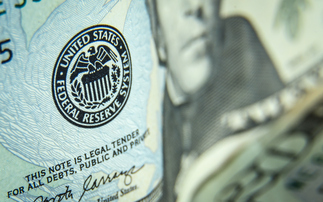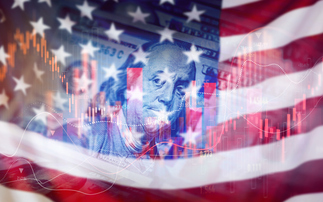In this second of a special three-part Big Question, managers tell Investment Week that investors need to keep a more vigilant and realistic eye on the economy now that Donald Trump has begun his first term as US President.
John Redwood, chief global strategist at Charles Stanley
Bumpy road to reflation
There will be problems on the road to reflation for the Trump presidency. So far, the markets have looked at his plans to cut taxes, repatriate business and investment, and to boost infrastructure and have liked what they have seen.
The prospect is for a strongish dollar, modest rate rises, increased output and inflows into the US as companies repatriate profits. All this is based on the plans of the campaign, and have yet to be confirmed by the transition team.
The tax cuts will need negotiating with Republicans in Congress, though the fact that Speaker Paul Ryan is a tax cutter and reformer means a deal is likely.
Trump could also pursue his protectionist agenda against China, Mexico and others which will be less to the liking of investors and markets. His plans will require further relaxation of banking controls with more private sector credit for consumption and investment, especially to fulfil his big ideas on infrastructure and energy.
The general background from the policies outlined should be positive for equities, but shares rarely go up continuously. There may well be setbacks based on obstacles to implementing his pro-growth programme, and periodic worries about his style and the anti-trade features of his plans.
Edward Smith, asset allocation strategist at Rathbones
Border tax talk concerning
In Trump's recent speeches, there has been nothing on taxation or fiscal stimulus, but there has been a pointed section on trade and offshoring.
His reference to a border tax was a strong indication that he is going to go with the House Republicans' proposal for a border-adjusted cash-flow tax.
It is protectionism by another name. It is also wholesale tax reform and unlikely to be achieved in year one.
There are only two ways to 'tax' a foreign country: tariffs or a tax on remittances. So Trump said nothing about cutting taxes or spending on infrastructure, but expended some words on protectionism.
Are developed market equity investors right to be so bullish on immediate fiscal stimulus and so blasé about the threat of a trade war? By our calculation, the equity risk premium is near a five-year low: are future earnings really more certain now than at any other time over the past five years?
Kully Samra, UK managing director at Charles Schwab
'Inflection' in the economy
The rise in US equity markets should not be taken as purely attributable to a 'Trump bump'. President Trump has elevated tax cuts/reform, increased fiscal spending and regulatory overhaul to the top of the priority spectrum - all laudable pro-growth policies.
Beginning in the third week of October 2016, we have seen a surge in the Citigroup Economic Surprise Index, which measures how data releases have compared to consensus expectations.
Economic data indicates a definite inflection in the economy and, when coupled with the simultaneous inflection in earnings, this bodes well for the stockmarket in 2017 - irrespective of the change in the political administration.
We remain optimistic that this is an ongoing secular bull market in US stocks and the risk of it ending swiftly is low. Bear markets tend to sniff out economic recessions and, with growth accelerating from its below-trend pace, the risk of that is also low.














